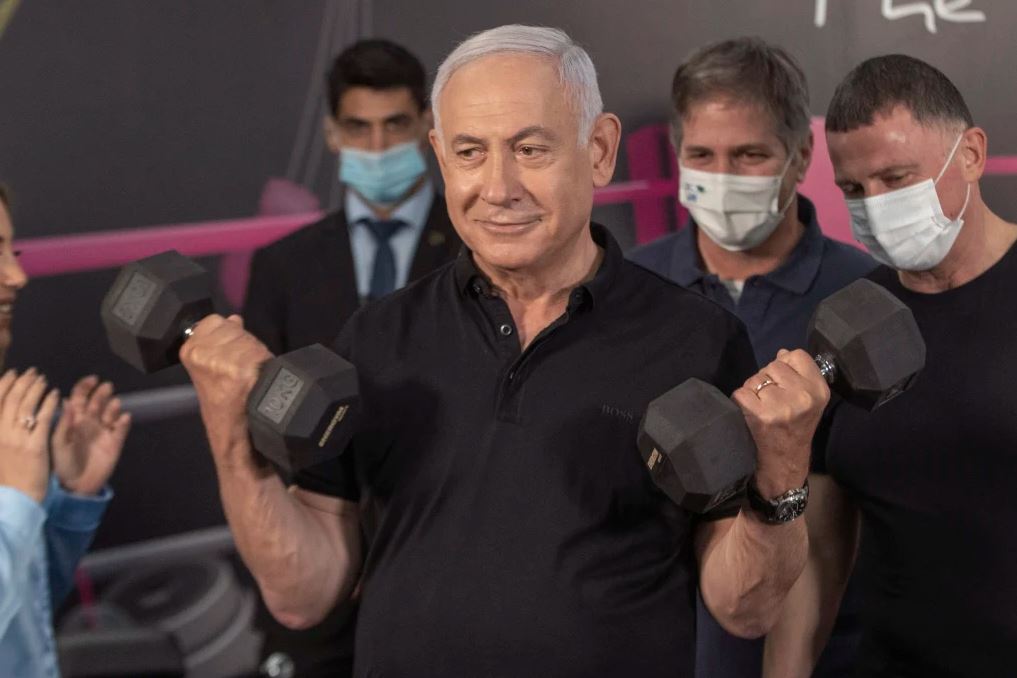Jerusalem: Forget about oil and arms. Coronavirus vaccines are emerging as the newest currency of choice in the Middle East.
Israel’s murky prisoner swap with Syria and the arrival of a batch of vaccines in the Gaza Strip have all underscored how those with access to the vaccines have political power in the turbulent region.
Israel has faced international criticism for largely excluding Palestinians in the occupied West Bank and Gaza Strip from its ambitious vaccination campaign, the fastest rollout in the world.
Yet Prime Minister Benjamin Netanyahu reportedly showed little hesitation in agreeing to pay Russia some $US 1.2 million to buy coronavirus vaccines for arch-enemy Syria as part of a deal last week to release an Israeli woman held captive in Damascus.
Netanyahu boasted last week that his warm ties with Russian President Vladimir Putin helped clinch the deal. His office made no mention of any vaccines and reportedly pushed the country’s military censor to block mention of the vaccine purchases.
Asked about the reported deal, Netanyahu was evasive. He said “not one Israeli vaccine” was delivered to Syria – a country that harbours hostile Iranian forces. But he would not say whether Israel had paid Russia for the vaccines.
“It is legitimate for the Israeli government to decide to deviate from past norms and to pay with another form of currency,” Yoav Limor, an Israel military affairs correspondent, wrote in Israel Hayom. “However, the decision to hide that is baffling and worrisome. Obviously, someone was very uncomfortable with having that matter come to light.”
Read the article by Josef Federman in The Age.

